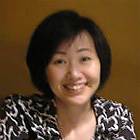 |
Noriko SUZUKI, Professor
Early Modern Japanese History, Medical Social History,
Women’s History
Women’s Lifestyle History, Medical Social and Cultural History,
Seminar on Culture and Humanities History
Noriko SUZUKI studies Japanese culture and humanities
history from the Edo Period to the Meiji and Taisho Periods
through physical issues including medical care, sanitation
and beauty. For example, she studies historical changes in
the social treatment of patients with infectious diseases
such as tuberculosis and Hansen’s disease as well as changes
in the sanitation environment which laid the foundation for
the popularization of cosmetics and dieting, through analysis
of various historical documents such as medical papers,
literary works, “ukiyoe” pictures, women’s magazines and newspapers.
|
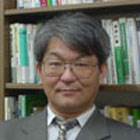 |
Takashi NODA, Professor
Disaster Sociology, Organizational Sociology,
Social Crisis Management Theory
Social Systems, Seminar on Social Systems,
Information Management and Systems of Lifestyles
His major interest is to understand and clarify risks which
exist everywhere in everyday life as cultural phenomena
(not as actual risks as most people assume).
He insists that risks cannot be taken in a culture which
tolerates lies and does not accept failure.
|
 |
Miho MITSUNARI, Professor
Gender Law, History of Gender, History of European (especially German) Law
Legal and Cultural History of Gender, European Women’s
Lifestyle History, Seminar on Legal and Cultural History of Gender
International society is undergoing significant changes towards
achieving gender equality. Her research involves studying and
comparing the history of issues such as women’s participation
in the decision-making process, assistance in sustaining a good
balance between work and family, fairness in labor (the principle
of same wages for same work, care work), sexuality as dignity
(LGBTI), the elimination of violence towards women
(domestic violence, sexual harassment, rape), reconstruction of
close relationships, and reproductive rights (right to
self-determination, medical assistance in reproduction).
|
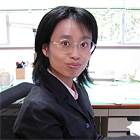 |
Kaori ANDO, Associate Professor
Social Psychology, Cultural Psychology, Environmental Social Psychology
Cultural Study of Human Relationships, Seminar on Human
Relationships, Reading of Foreign Literature on Cultural Study
of Human Relationships
Her two main research areas are considering the differences in
human relationships by culture, and searching for standard factors
of environmental consideration behavior. In considering the
difference in human relationships by culture, she studies the
differences between the Eastern cultural sphere including Japan
and the Western cultural sphere, as well as the actual meaning of
collectivism. In searching for standard factors on environment
consideration behavior, she tries to answer questions on
environmental consideration behavior from the viewpoint of how
the number of people who take action in considering the environment can be increased.
|
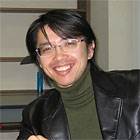 |
Hiroshi OTSUKA, Associate Professor
Law, Sociology of Law, Consumer Law
Consumer Law, Seminar on Consumer Law, Lifestyle and Law
Hiroshi OTSUKA studies how the law is utilized to lead society
in a better direction. Many people may think of trials only
involving solving problems, but they actually also serve as
an important tool for reforming society. For example, he
tries to extract common features of trials which lead to the
systematic reform, including so-called fixed-number lawsuits
about one-vote differences and lawsuits about the inheritance of illegitimate children.
|
| |
Kayo SAWADA, Associate professor
|
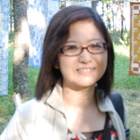 |
Akiko YAMASAKI, Associate Professor
Visual Culture Studies, Visual Representation and Gender,
Image Generation and Social System
Visual Culture Studies, Seminar on Visual Culture Studies,
Attire and Gender
There is an overflow of visual images in our daily life.
Visual images in TV, movies, comics, pictures, art, signs, buildings,
streets, and even landscapes express their meanings and provide
emotions by being created or extracted manually. Visual culture
research involves studying the role of those images in society and deciphering their meanings.
|
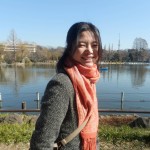 |
Misa AOKI, Assistant Professor
Agricultural Economics
Life Economics
As our eating lifestyle becomes more plentiful, the distance
between the producer and the consumer has increased.
This has caused various problems such as food safety and false
labeling of food. Meanwhile, there are various different activities
being carried out to prevent these problems. She studies how
these activities are approached in Japan and other Asian countries.
|
 |
Akiko Takaoka
Administration Staff Clerical
|